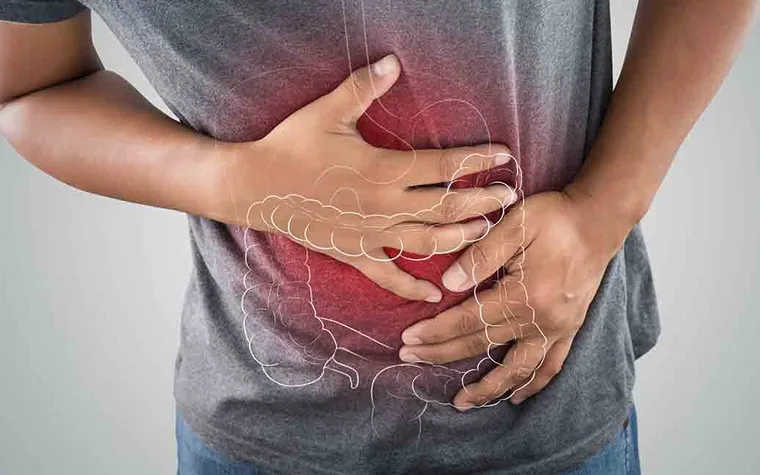Ulcerative colitis is a chronic inflammatory bowel disease (IBD) that primarily affects the lining of the large intestine (colon) and rectum. It causes long-lasting inflammation and ulcers in the digestive tract, leading to symptoms like abdominal pain, diarrhea, and rectal bleeding. Though it can occur at any age, it most commonly begins between ages 15 and 30. The exact cause remains unknown, but a combination of genetic, environmental, and immune factors is believed to trigger the condition. Living with ulcerative colitis can be challenging, but early diagnosis and proper treatment can significantly improve quality of life.
The symptoms of ulcerative colitis vary from person to person and can range from mild to severe. Common signs include persistent diarrhea, often with blood or pus, abdominal cramping, urgency to defecate, and fatigue. Some individuals may also experience fever, weight loss, and anemia due to chronic blood loss. The disease often follows a relapsing-remitting course, meaning symptoms may flare up and then subside for a time. Managing flare-ups and maintaining remission require a combination of medication, lifestyle adjustments, and sometimes surgery. Left untreated, ulcerative colitis can lead to complications such as colon perforation or an increased risk of colon cancer.
Causes and Risk Factors
While the exact cause of ulcerative colitis is still unclear, it’s thought to involve an abnormal immune response where the body’s immune system mistakenly attacks healthy tissue in the colon. Genetic factors play a role, as it tends to run in families. Environmental triggers like stress, diet, and infections may also contribute to flare-ups, although they don’t directly cause the disease.
Diagnosis
Diagnosing ulcerative colitis typically involves a combination of medical history review, physical examination, blood tests, stool samples, and imaging studies. A colonoscopy with a biopsy is often the most definitive test, allowing doctors to view inflammation and collect tissue samples to confirm the diagnosis.
Treatment Options
Treatment aims to reduce inflammation, relieve symptoms, and maintain long-term remission. Common medications include aminosalicylates, corticosteroids, immunosuppressants, and biologics. In severe cases where medication is ineffective, surgical removal of the colon (colectomy) may be necessary. Surgery can be curative but comes with its own risks and adjustments.
Lifestyle and Diet
While no specific diet cures ulcerative colitis, eating a balanced, low-residue diet during flare-ups can help reduce symptoms. Staying hydrated, avoiding trigger foods (like dairy, spicy foods, or caffeine), and managing stress are also important. Regular medical check-ups and colon cancer screenings are crucial for ongoing care.
Conclusion
Ulcerative colitis is a lifelong condition that requires continuous management, but with proper treatment, most people can lead active, fulfilling lives. Advancements in medications and personalized treatment plans have improved outcomes significantly. If you experience ongoing digestive symptoms, seeking medical advice early can help ensure timely diagnosis and effective treatment.

